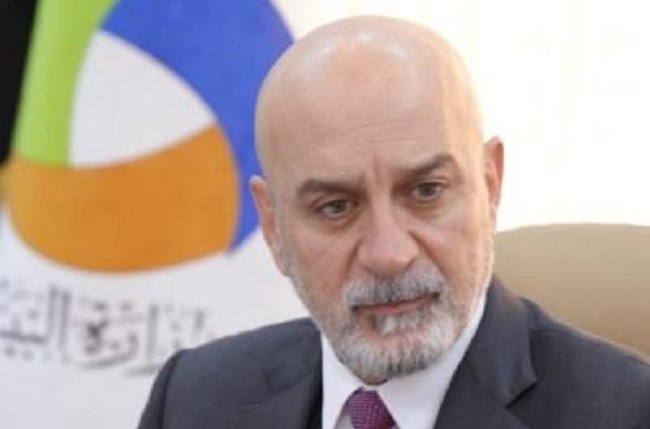The Republic of Iraq has formally announced its intention to develop a substantial portfolio of projects to enhance its climate adaptation and mitigation strategies.

This commitment, articulated in Iraq’s Green Climate Fund (GCF) Country Programme, will guide the development of projects within key sectors aligned with national priorities in one of the world’s most climate-vulnerable countries.
Furthermore, this programme will serve as a framework for GCF in assessing funding applications and determining future financial requirements.
The unveiling of the Country Programme follows the October 2024 approval of GCF’s first project in Iraq, the $39 million “Strengthening Climate Resilience of Vulnerable Agriculture Livelihoods”.
The Minister of Environment of the Republic of Iraq, Dr. Hallo Al Askari, stated that the primary objective of the Country Programme is to facilitate the implementation of Iraq’s Nationally Determined Contributions (NDCs).
“Our NDCs encompass strategies for mitigating diverse sources of greenhouse gas emissions, spanning the energy, industrial, and transportation sectors, alongside measures to adapt to the effects of climate change within the most at-risk sectors, notably agriculture and water resources,” he said.
Henry Gonzalez, GCF Chief Investment Officer, welcomed the development of Iraq’s Country Programme and said, “The GCF is committed to supporting the Government of Iraq as it scales up its climate ambitions and actions.”
GCF’s Middle East team is working with the national government (via the Fund’s National Designated Authority) to translate the GCF Country Programme’s strategic vision into a pipeline of transformative climate projects that enhance resilience in agriculture and water sectors and contribute to Iraq’s long-term sustainable development and climate goals.
Building on the “Strengthening Climate Resilience of Vulnerable Agriculture Livelihoods in Iraq” project, GCF is supporting the government in shaping bankable proposals that align with national adaptation and mitigation priorities outlined in its NDCs.
The project, implemented by the Food and Agriculture Organiastion (FAO), will improve the livelihoods of two million vulnerable Iraqis and contribute to the country’s long-term food security and economic stability.
The investment will empower water user associations and improve water management across the agriculture sector via transformative policy reforms, improved irrigation technologies, and integration of renewable energy solutions.
Iraq is experiencing escalating climate risk, including rising temperatures, prolonged droughts, and reduced water availability from the Euphrates and Tigris rivers.
Poor water management and soil salinity compound these challenges, significantly impacting the country’s agricultural productivity. Local farming communities are particularly vulnerable due to their dependence on irrigation and limited adaptive capacity.
